
HERE’S WHY YOUR SKIN AND MENTAL HEALTH ARE SO INTERCONNECTED
Your brain and your skin are closely connected; in fact, they are so connected that changes in one area can directly and immediately influence the other. Which is to say, what you think and feel can, for better or worse, cause an immediate reaction within your skin.
Need an example? Think about the last time you felt angry or embarrassed. The same rush of adrenaline and cortisol that causes you to experience those feelings also causes the blood vessels in your face to rapidly dilate. Your cheeks become red and you may sweat a little bit or even notice a bit of irritation.
But that’s really just a basic example; in truth, the skin and mental health connection goes so much deeper. Nearly every skin condition on the planet has direct ties to mood and mental health.
We’ll tell you about the science of this connection and why addressing both facets is so important to looking and feeling your best in today’s post.
THE BRAIN-SKIN CONNECTION DEFINED
So, what exactly is the skin and mental health connection, and how does it work? To understand this, we need to first define the role each plays in keeping you alive and healthy.
Your brain is the “central headquarters” for every system in your body. It controls everything from how you move, think, and feel, to how virtually every cell in your body functions. It also modulates your immune system, which helps your body repair and fight off intruders that might cause infection or illness.
Your skin has a big list of responsibilities, too. Its primary role is one of self-defense; it is literally armor against germs, environmental toxins, and other intruders. But it also helps you detoxify waste, feel pleasure and pain, and produce Vitamin D, the latter of which direct affects mood.
STRESS, THE BRAIN, AND YOUR SKIN
When the brain detects stress, it stimulates the hypothalamic-pituitary-adrenal (HPA) axis to release certain hormones, including corticotropin-releasing hormone (CRH), glucocorticoids, and epinephrine. All three of these are associated with fight or flight, but they also have the ability to affect your skin, too.
You see, your skin has its own stress perception system; like the brain, it can sense activity along the HPA. When it senses a flood of CRH, epinephrine, and other stress hormones, it releases other chemicals that can significantly interfere with healthy function, cause inflammation, or even prevent your skin from healing altogether.
And if you happen to suffer from a specific skin condition, like vitiligo, psoriasis, or eczema? That can directly impact your mood – especially if you are bullied for it or experience shame as a result of it. In fact, there’s a direct link between cosmetically disfiguring conditions, anxiety disorders, and depression.
This circular two-way link is so important that it inspired the creation of a whole new field of science: psychodermatology.
PSYCHODERMATOLOGY BASICS
Psychodermatology is defined as the science of the brain-skin connection, but that’s a little bit of an oversimplification. Most experts break it down into three specific categories that address various influences or concerns:
Psychophysiological: This area involves how the brain influences and affects your skin due to both physiology (how your brain functions) and how you feel (your emotions and mood).
Secondary Psychiatric: This category focuses on how our skin impacts our mood when it doesn’t function correctly. For example, someone suffering from psoriasis might experience shame, social anxiety, or depression; or, they might be bullied to the point that they lose self-esteem instead.
Primary Psychiatric: This includes how issues that originate in the mental health realm can affect our skin. Direct examples include trichotillomania (hair-pulling) and dermatitis artefacta (skin picking). But the connection can be much more subtle and indirect, too (e.g, a delusional disorder causes a patient to believe they are infested with parasites, when they really have eczema).
THE BOTTOM LINE
What science tells us about psychodermatology, and really, the entire brain-skin connection, is that both aspects must be addressed to achieve wellness. You really cannot have one without the other when issues with both are present.
The best way to get help is to go straight to the experts: see a therapist or psychiatrist, and visit with a dermatologist who specializes in psychodermatology and/or the brain-skin cobnnection. There ARE good answers out there to help you overcome your concerns.
But that doesn’t mean there isn’t anything you can do at home on your own, either; in fact, there are two key ways you can take action right at home.
LEARN TO RELAX
I know, I know – easier said than done these days, right?
We’re all so busy going about our lives, building careers, raising children, or even just dealing with everyday life drama. It’s easy to make excuses or even just ignore our need for R&R, but doing so isn’t ever wise.
If you never relax, your body will stay in a constant state of hypervigilance. At best, you’ll be exhausted and tense. At worst, those feelings could lead to anxiety and depression, which could exacerbate any skin woes.
Try to set aside at least 30 minutes a day just for you. Research shows that meditation and yoga can be a great way to help your brain unwind and relax, but even just sipping a glass of wine while reading a great book is a start.
If you find yourself completely unable to unwind, consider it a warning sign. Your brain is trying to tell you you’re overdoing it – and now’s the time to take action.
GET A LITTLE EXERCISE
What mom said about a little time outdoors playing helping you sleep better? It turns out that’s very real and very relevant.
Stress hormones that negatively impact your skin, including adrenaline, epinephrine and cortisol, rise when you encounter difficult situations. These are responsible for priming your body for fight or flight. If you don’t actually use them (no one’s really running away from a threat while working in an office, let’s be honest), those levels can stay high long-term – and that’s a problem.
But here’s the good news: just as exercise burns calories, it can also burn off high levels of stress hormones, too. You don’t even need a ton of it in order to see and feel those results; just 30 to 60 minutes a few times a week is often enough.
As for which exercises are best? Anything that raises your heart rate and makes you sweat (e.g., cardio or aerobics) works best. Just be sure to check with your doctor before changing your exercise plan if you have any chronic illnesses.
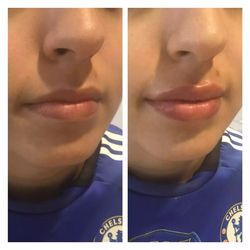 None
None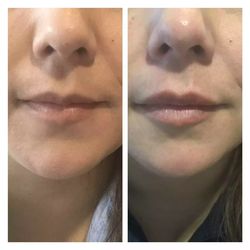 None
None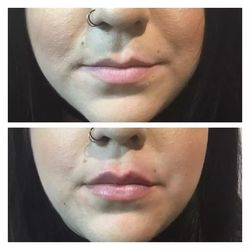 None
None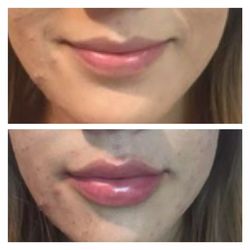 None
None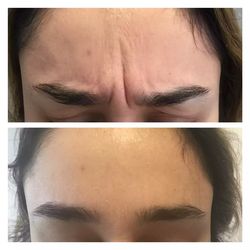 None
None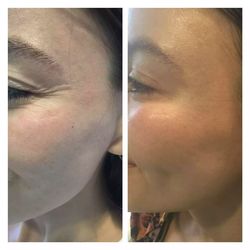 None
None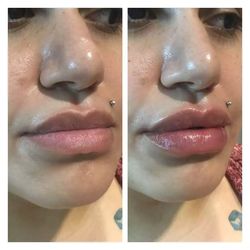 None
None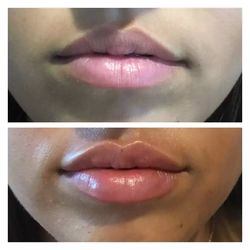 None
None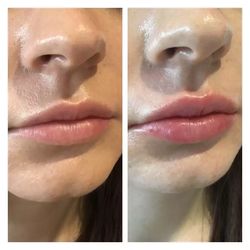 None
None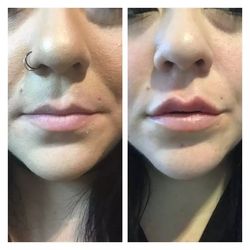 None
None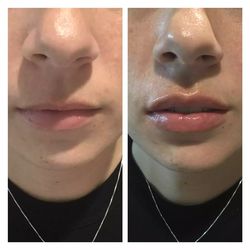 None
None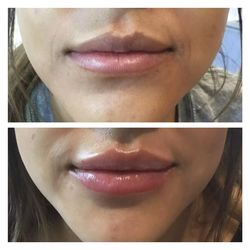 None
None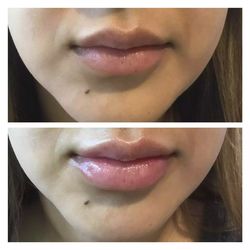 None
None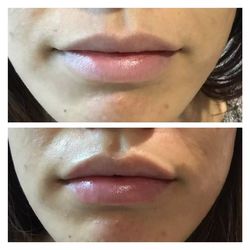 None
None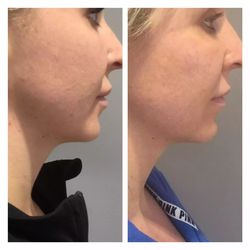 None
None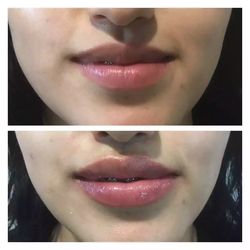 None
None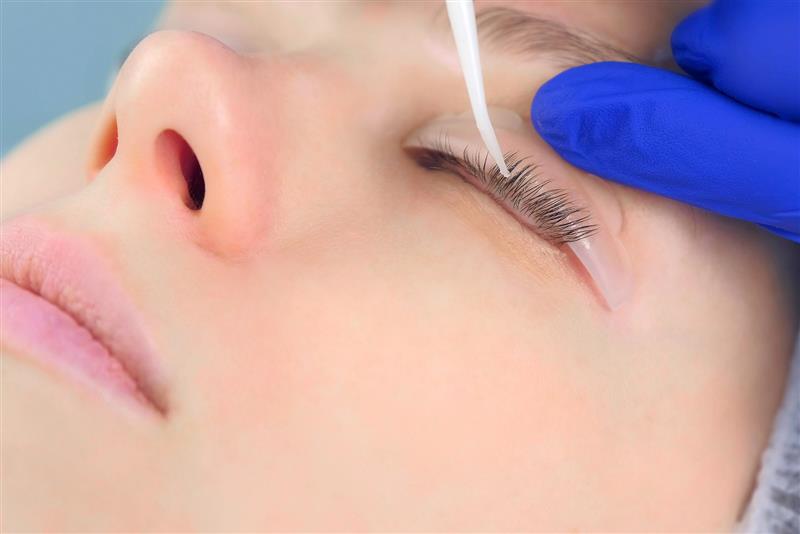

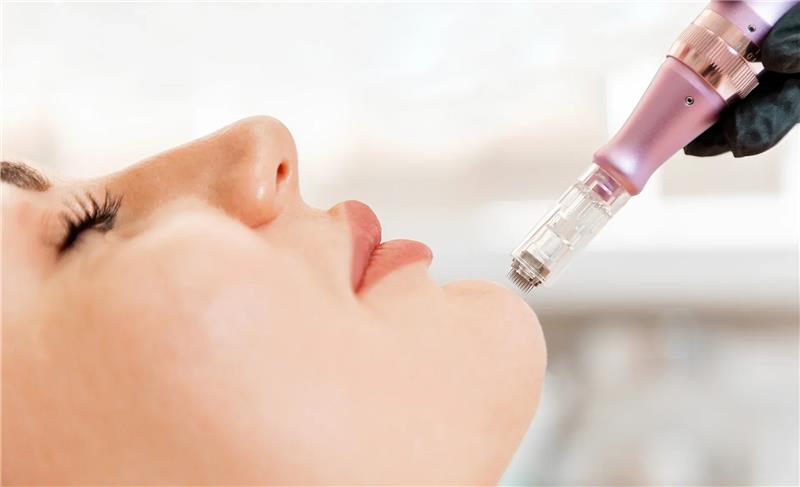
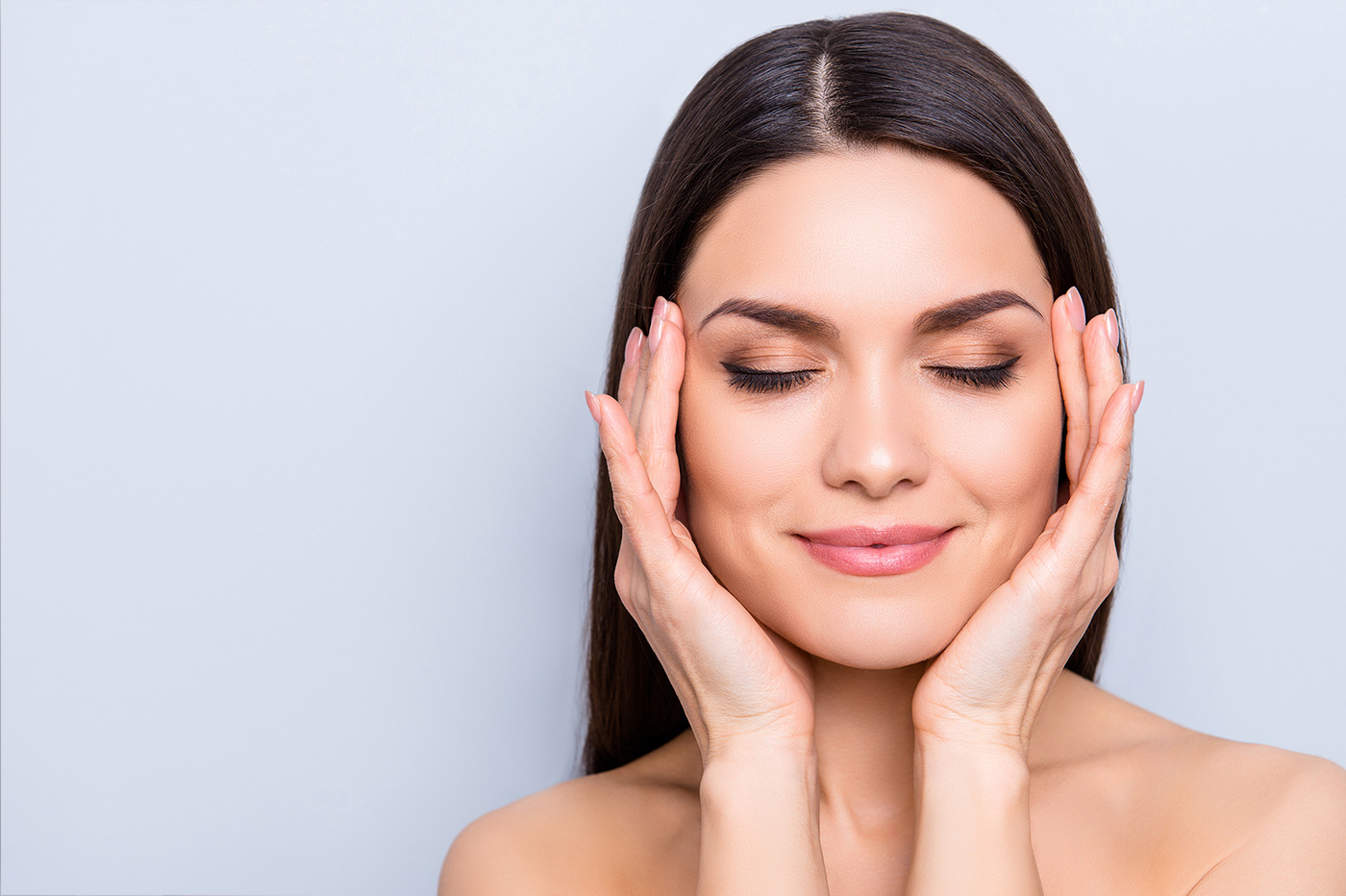
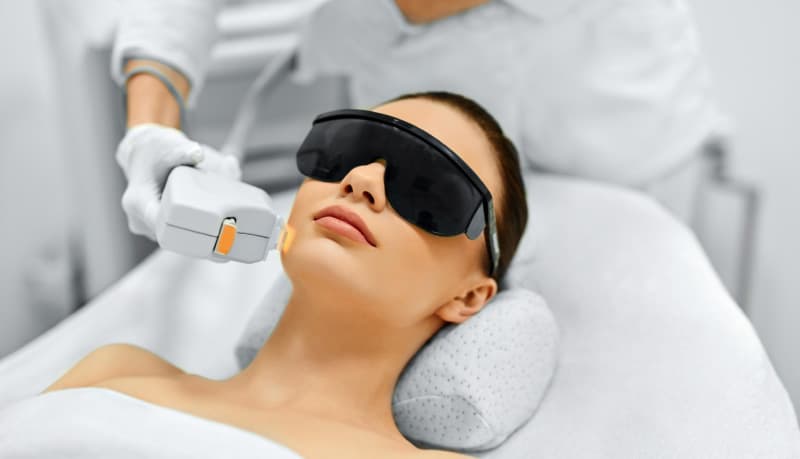









0 comments